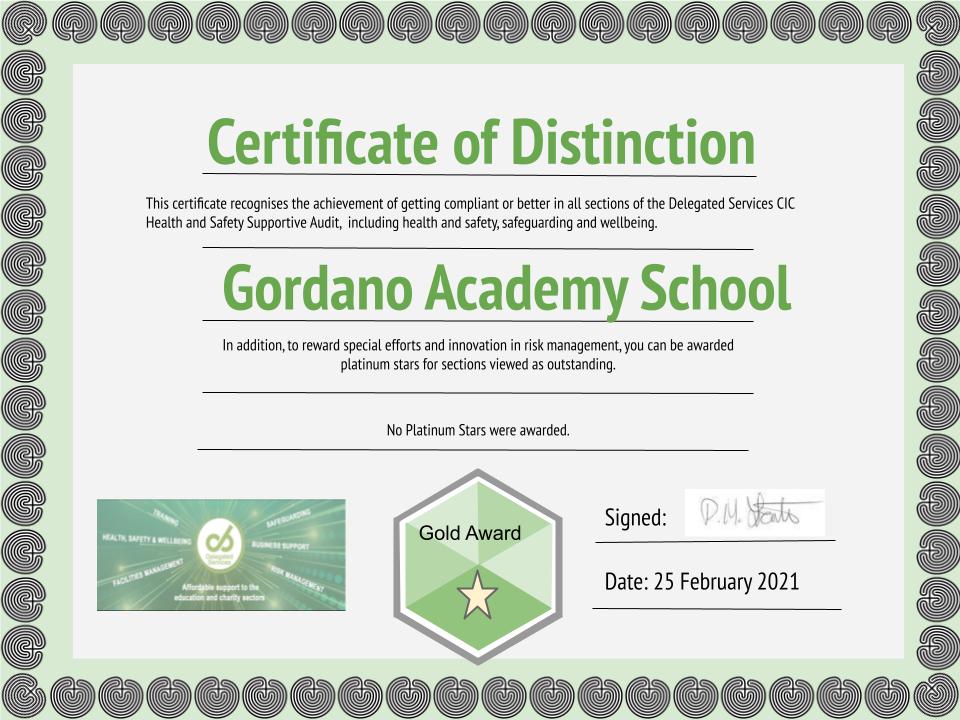Music A Level
Course Description
In this course you will discover more about aural analysis, dictation, composing techniques, arranging for different ensembles, performing, as well as the social/ historical/political/geographical context around an exciting mixture of set works from a broad array of genres.
| Contact: | Dr M Humphries | Exam Board: | EDEXCEL/PEARSON |
| QAN: | 50022738 | Subject Code: | Mu |
The Course
Component 1: Performing
Humans have been performing and sharing music since the beginning of time. In this unit you will continue to hone your skill as a soloist or/and part of an ensemble. We have high quality ensembles to develop your skills and you will work towards curating a performance at the end of the course. Performance relies on being able to break large and challenging material down into smaller, achievable chunks and being disciplined and regular in your practice.
Component 2: Composing
Throughout the course you will continue to build the skills to become a more fluent, creative, independent composer with your own distinctive style. You will learn
the foundations of Western functional harmony, extended harmony, melodic development, textural cohesion and variation, structures and forms. Through mini compositions and tasks you will practice these skills and ultimately use them to write your own submission pieces.
Component 3: Appraising
The world of music is a fascinatingly rich and diverse landscape with a fabulous canon of work that showcases many different composer’s attempts to encapsulate the human condition for them at that moment, for the time in which they live, with all its social and historical complexities.
This course develops your ability to critically understand and analyse music whilst at the same time being able to understand its social and historical context.
Requirements for Entry
Involvement in at least 2 extra-curricular activities each week is expected with public performance on main instrument and attendance at school concerts.
Possible Subject Combinations
The course would work well with subjects like Maths and Science and many of our former students have studied these alongside Music. Equally a lot of recent music students have been enrolled on more essay based subjects like English, History or Philosophy. The skill set for studying Music is diverse and is therefore compatible with many other areas.
What do the students say?
“It’s fun, engaging and gives transferable skills to other subjects"
"I like the creativity that music gives me the opportunity to explore"
"It has opened up my entire genres of music that I didn’t even know existed, causing me to completely reimagine my perception of music".
Where can A Level Music take me?
Music A-level can lead to a variety of career and higher education routes, including courses in Performance, Composition, general Music degrees, Music Technology or Music Therapy. Equally, because of its highly transferable skills it provides an excellent foundation for any career path.
Assessment
| Table Heading | % A Level | |
|---|---|---|
|
Performing |
A public performance of one or more pieces, 8 minutes in total. Non-examined assessment: externally assessed |
30% |
|
Composing |
Total of two compositions: One composition must be to a set brief, or a free composition. 4 minutes (40 marks) One composition from a set brief assessing compositional technique (20 marks) Non-examined assessment: externally assessed |
|
|
Appraising |
You will study music from six areas of study: film music, pop and jazz, fusions, vocal music, instrumental music, and 20th Century new directions. Written examination: 2 hours 10 minutes |
|








